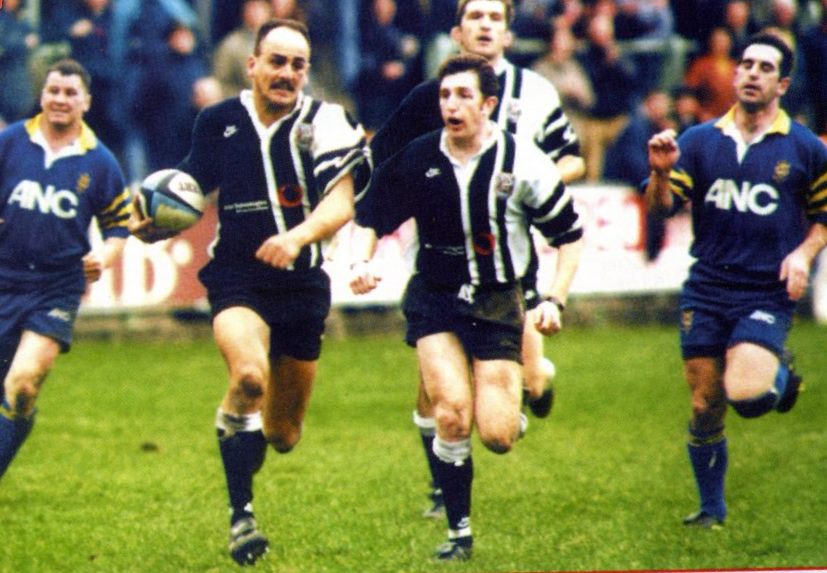
Whatever happens in Japan over the next few weeks, nobody will get anywhere close to matching the World Cup record set by an invisible Welshman.
Steve Ford remains the only player from any of the Six Nations to have winged his way into two World Cups and returned home undefeated. The fact that successive Welsh coaches at successive tournaments saw fit to keep the Cardiff carpet-fitter under wraps might have had something to do with it.
“It still haunts me every time the World Cup comes around,” he says referring to his hidden role as a non-playing member of the Wales squad in 1991 and again four years later. “At least I got there, not once but twice. And I can honestly say I didn’t lose a single match but I didn’t win or draw any either.
“I never really felt as though I was part of it. We weren’t that good as a team and as soon as we were knocked out, I was straight back to work fitting carpets.”
The uninitiated may be tempted to jump to the conclusion that winger Ford must have belonged to the fly-by-night brigade of Test players, those who vanished almost as soon as they appeared.
Ford was better than that, far better. In June Cardiff RFC inducted him into their Hall of Fame, belated recognition of his supreme status as the capital club’s record try scorer which he has held since superseding the incomparable Bleddyn Williams.
That Ford’s haul of 198 tries in 234 appearances will stand ad infinitum makes his World Cup fate all the stranger. Substitutes were still under some sort of control during the Nineties and Tests had yet to evolve into a 23-man game but that still doesn’t offer a plausible explanation for Ford’s fate.
Having decided he was worth a place in their final 30 for the second World Cup in 1991, Wales then failed to give him as much as 60 seconds’ game time despite their being counted out at the earliest possible opportunity as victims of a giant-killing par excellence.
After the shock of losing to Western Samoa at Cardiff Arms Park, Wales’ new coach Alan Davies kept faith with his wings. If Ieuan Evans’ status as captain gave him immunity from being dropped, the same luxury did not apply to the other wing, Arthur Emyr.
For the second game, against Argentina, Ford earned promotion of sorts, to the bench. He sat out the entire match although it ought to be pointed out that back-up players were supposed to be used only for injuries and not tactical reasons, hence their official description as ‘replacements’.
Evans and Emyr retained their places for the game which put Wales out after the eventual winners, Australia, had reduced them to a sorry state by winning as they pleased, 38-3.
“I knew from the outset that I wasn’t going to play,” Ford says. “I just had a feeling that I wasn’t going to get anywhere near the starting team, unless someone got injured. It was hard enough to take but Cardiff being one of the main centres for that World Cup made it all the harder.”
Wales had last picked him during the 1991 Five Nations and yet Ford defied the odds to make the next World Cup in 1995, swept along on a tidal wave of tries for Cardiff. South Africa turned out to be a worse experience than the tournament four years earlier, much worse.
“It was the longest three and a half a weeks of my life,” he says. “I deserved a shot. I’d scored 39 tries that season for Cardiff, I was in good shape and I felt I should have been given a chance.”
True to form, Wales in their haphazard way had changed coach at the eleventh hour, appointing the
Australian Alex Evans to succeed Davies in a caretaker capacity. Not unreasonably, Ford saw the promotion of Cardiff’s head coach as another encouraging sign that he would be unleashed on the global stage.
“Alex Evans was the best coach I ever played under,” he says. “He was miles better than anyone else. His man-management was top drawer. But something went drastically wrong somewhere along the line during that World Cup.
“Ieuan Evans, Wayne Proctor and Gareth Thomas were the other wings although Gareth was more of a centre in those days. I didn’t make the team for the first match against Japan and Alex said to me: ‘We’re going to give Gareth a go blah-de-blah’.”
The next match, against New Zealand at Ellis Park, raised the prospect of Ford being pitched into unarmed combat against the All Blacks‘ new goliath, Jonah Lomu. “It would have been a daunting prospect but I was desperate to get picked,” he says. “I was a skinny winger, 12 stone wringing wet, who could side-step.
“Going up against someone like Jonah didn’t bother me one bit. It would have been a great challenge, one I was looking forward to it until the team was picked. I was on the bench.
“I’m thinking: ‘What the hell’s going on? What have I done wrong?’
“I had a meeting with Alex. ‘You’re my coach. I trust you. If you think I’m off the pace you should have told me so right from the start’.
“He said, and I remember his words: ‘Yes, I should have’. There was a load of Cardiff players in the Welsh squad and Alex had told one of them, Mike Hall: ‘I can’t pick every Cardiff player’. But if he believed they were the best in their position, and I’m not saying they were, it shouldn’t have mattered.
“The whole thing got me down. I phoned my wife and told her: ‘I’m thinking of coming home’. She said: ‘Definitely not’. Good advice and I’m glad I stayed.”
At 54 still fitting carpets for a living, Ford remains unique among the few outside New Zealand to retire undefeated at the highest level, rugby’s lightweight version of Rocky Marciano. And as for Alex Evans, back home in Queensland, he will admit, as he did to one club member, to one big regret – that he didn’t pick Steve Ford in South Africa 24 years ago.


United Rugby Championship
Vaea Fifita’s commanding presence has Scarlets pushing for URC play-off spot
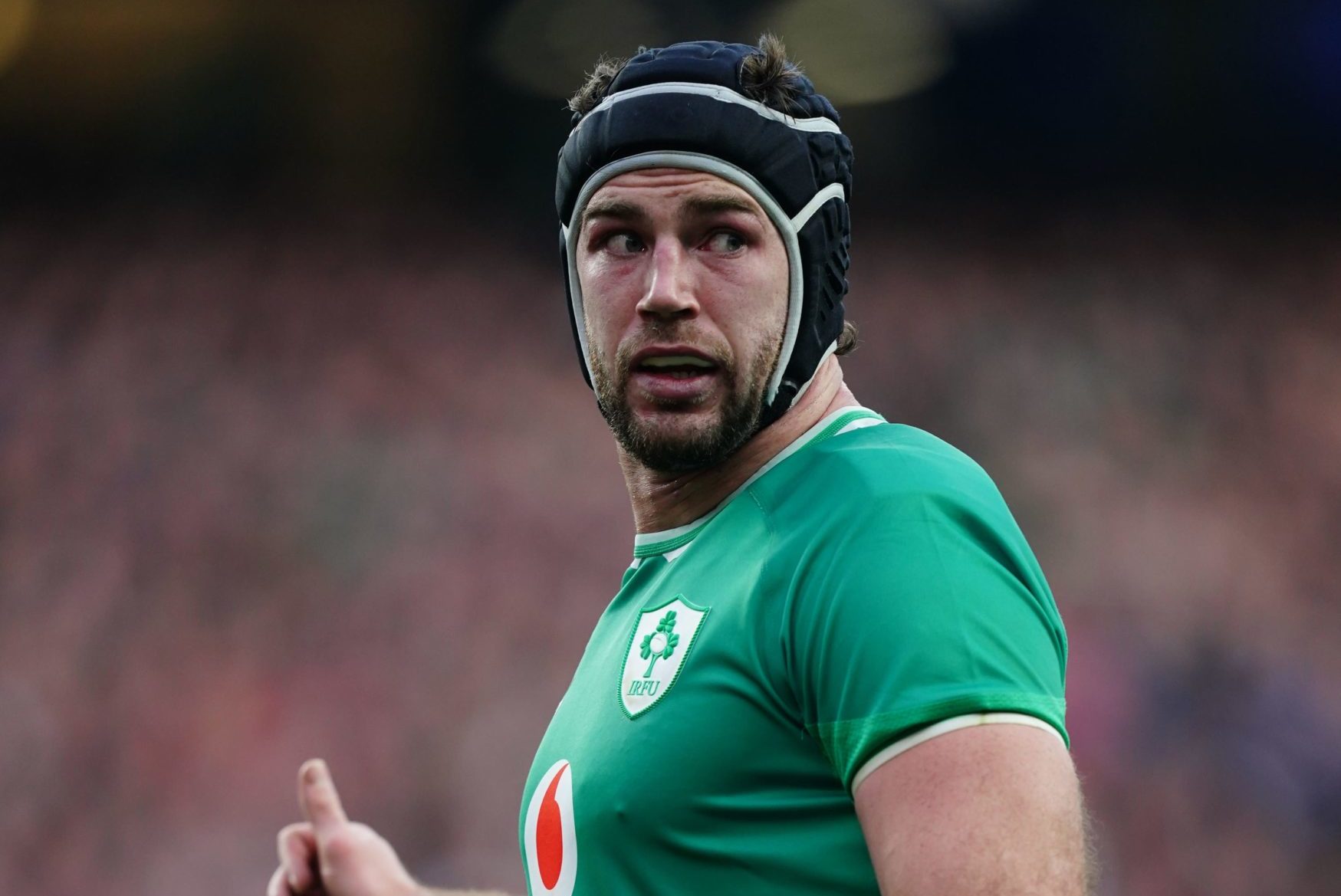
British and Irish Lions
British and Irish Lions Watch: Caelan Doris confirmed to miss the tour with injury

















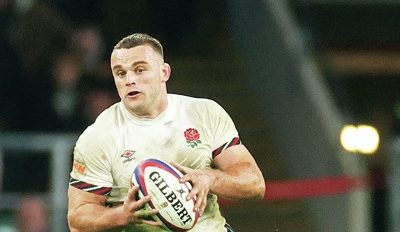

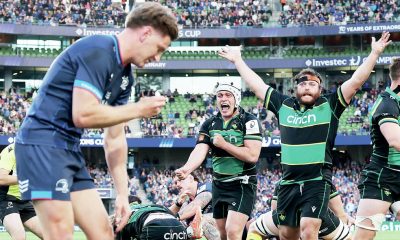

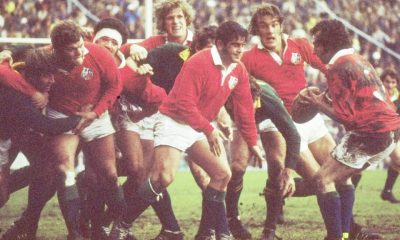

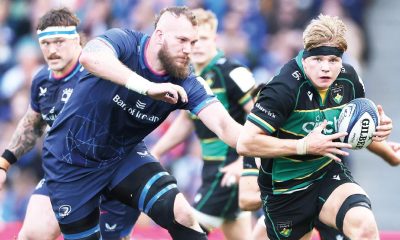


You must be logged in to post a comment Login